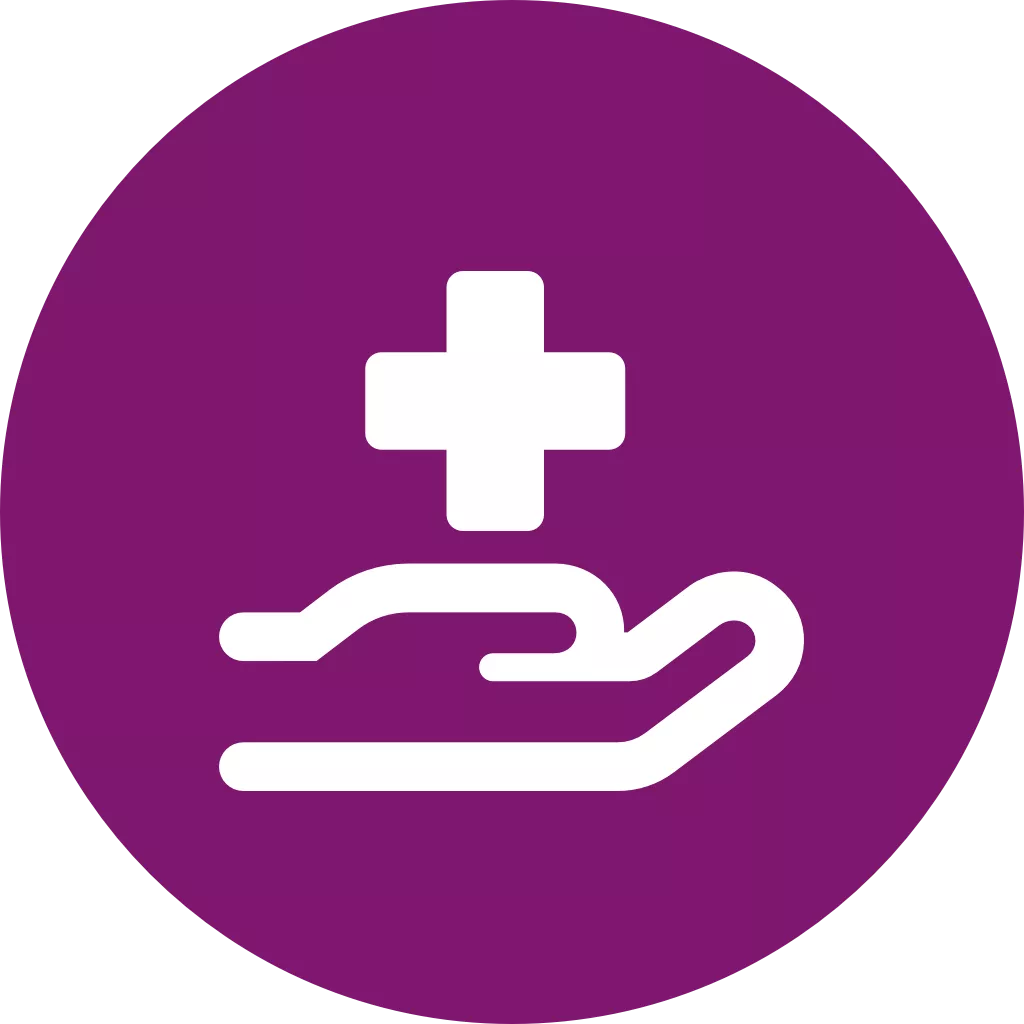Mission
The mission of the Save Babies Through Screening Foundation is to improve the lives of children and their families, by working to prevent disabilities and death resulting from disorders detectable through newborn screening tests. The Foundation’s goal is to see that every baby born in the United States is screened successfully, effectively, and comprehensively.
Save Babies Through Screening Foundation educates parents, pediatric healthcare providers, and policymakers about available comprehensive newborn screening. We highlight the importance of obtaining positive or other test results requiring follow-up actions within 5 days of birth, and the importance of prompt confirmatory testing and treatment/management when needed.
Goals
Save Babies Through Screening Foundation promotes its mission by working to:
- Improve awareness of disorders detectable through newborn screening.
- Facilitate communication among screening programs, support groups, and families
- Assist parents in understanding their state’s newborn screening requirements.
- Support implementation of newborn screening guidelines and regulations.
- Encourage prompt clinical identification of affected newborns.
- Enhance resources for newborn screening including testing, parent and professional education, short-term follow-up care programs, long-term follow-up programs for treatment/management and related services, and related research and development.
- Promote national consistency in policies and service delivery among state screening programs.
Position Statement on addition of new disorders to the SACHDNC recommended uniform panel and to individual state newborn screening programs:
Save Babies Through Screening Foundation is the only national non-profit organization devoted exclusively to newborn screening advocacy. It is run by parents who, in consultation with leading medical advisors, strive to improve the lives of children by working to prevent death and disability resulting from disorders detectable through newborn screening. The members of the Foundation take seriously their responsibility to families and children to advocate for newborn screening practices that benefit children and do not cause unintended harm. This requires a careful balance between the desire to screen for numerous possible disorders and the need to validate laboratory test performance, treatment efficacy, and follow-up processes for all candidate disorders.
Save Babies Through Screening Foundation has adopted the following position on the addition of new disorders to newborn screening programs:

Research
Save Babies Through Screening Foundation supports basic research, pilot studies, and clinical research to provide a comprehensive understanding of conditions and tests being considered for addition to the uniform screening panel.

Adherence
Save Babies Through Screening Foundation advocates for adherence to the well-established, rigorous process undertaken by the Secretary’s Advisory Committee on Heritable Disorders in Newborns and Children. This includes evidence review, support for addressing evidence gaps through pilot projects, re-review, and deliberation by experts prior to endorsing additions to the panel.

Equal Access
Save Babies Through Screening Foundation supports a consistent national approach to newborn screening to maintain justice and equal access to screening among the residents of all states. We will not support state-by-state legislative action to add disorders that are not recommended by the Secretary’s Advisory Committee on Heritable Disorders in Newborns and Children and have endorsement by the Secretary of the Department of Health and Human Services.

Voice
Save Babies Through Screening Foundation joins others in voicing concerns that complete data don’t exist for many aspects of screening. This is especially for outcomes and interventions, and supports the call for additional research

Careful Review
Save Babies Through Screening Foundation is concerned that the premature adoption of new newborn screening tests can result in unintended harm to children and families. This is particularly from follow-up interventions that carry high risk and may not have clearly demonstrated positive outcomes.



